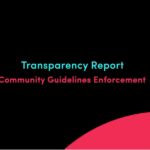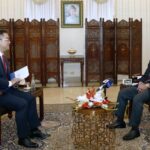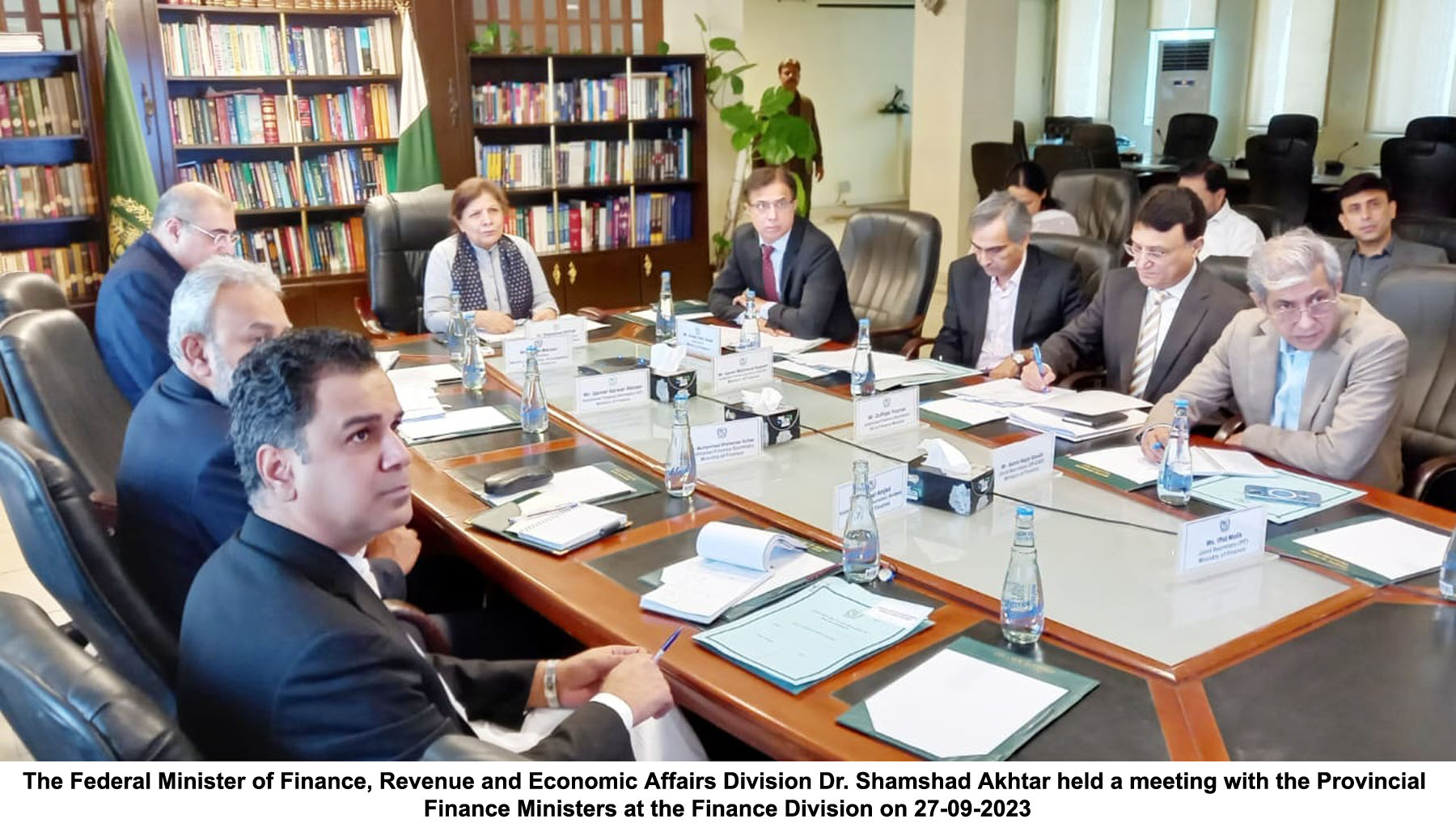Lahore, April 16, 2020: Facebook is working to keep Pakistanis, and everyone globally, safe and informed about the recent outbreak of coronavirus. Four areas we’re focused on: making sure everyone has accurate information, stopping misinformation and harmful content, supporting health experts and relief efforts, and supporting local governments, communities and businesses.
Facebook is working with the Pakistani government, communities, and businesses – both large and small – to amplify the power of digital technology to navigate this challenging time. Here’s an overview of our work and shortcuts to more information. We’ll continue to share updates as we have them.
Making sure everyone has accurate information
Anyone who searches for information related to the virus on Facebook and Instagram is shown educational pop-ups on top of search results connecting them to health authority and health organizations including the World Health Organization (WHO). We’ve launched these globally over the last few weeks in all languages on Facebook and Instagram, directing people to those health expert authorities and organisations.
In Pakistan, we are working with the Ministry of National Health Services, Regulations & Coordination (NHSRC) and world organisations such as WHO and UNICEF to provide accurate information about COVID-19. Anyone who searches for information related to the virus on Facebook or Instagram will be shown educational pop-ups on top of search results connecting them to expert health organizations including the World Health Organization (WHO) and the NHSRC.

Over the past month, we notified millions of people on their News Feed with posts directing them to local health authorities on Facebook for further information about the Coronavirus.

More recently, Facebook launched a Coronavirus (COVID-19) Information Center on the platform to act as a central hub for people to find information and resources from trusted health authorities such as the NHSRC, as well as actions they can take to stay healthy and support their family and community.

Also, we’re incredibly inspired by how people are using Facebook to support their local community. To amplify these efforts, we launched Community Help, a destination for people to help their neighbors most impacted by COVID-19.
Through Community Help, people can either request or offer help to their neighbors and donate to fundraisers for relief efforts. For example, people can use Community Help for everything from delivering groceries to elderly neighbors to volunteering to distribute food through local food banks. Community Help is accessible via the Coronavirus (COVID-19) Information Center or through here facebook.com/covidsupport.

WhatsApp also launched a WhatsApp Coronavirus Information Hub to provide simple, actionable guidance for health workers, educators, community leaders, nonprofits, local governments and local businesses that rely on WhatsApp to communicate. The hub also offers general tips and resources for users around the world to reduce the spread of rumors and connect with accurate health information.
Stopping misinformation and harmful content
Globally and also in Pakistan, our third-party fact-checkers are continuing their work reviewing content and debunking false claims that are spreading related to the coronavirus. When they rate information as false, we limit its spread on Facebook and Instagram and show people accurate information from these partners. We also send notifications to people who already shared or are trying to share this content to alert them that it’s been fact-checked.
We will also start to remove content with false claims or conspiracy theories that have been flagged by leading global health organizations and local health authorities that could cause harm to people who believe them. We are doing this as an extension of our existing policies to remove content that could cause physical harm.
Globally and in Pakistan, we temporarily ban advertisements and commerce listings, like those on Marketplace, that sell medical face masks. We already prohibit people from making health or medical claims related to the coronavirus in product listings on commerce surfaces, including those listings that guarantee a product will prevent someone from contracting it. We also have a dedicated channel for local governments to share listings they believe violate local laws. Our teams are monitoring the COVID-19 situation closely and will make necessary updates to our policies if we see people trying to exploit this public health emergency.
Supporting local governments, communities and businesses
Government
Globally, we’re helping governments and emergency response organizations more easily communicate with their communities. Many governments have used Facebook to share critical information with their communities about this fast evolving situation.
In Pakistan, we helped NHSRC in boosting key messages about COVID-19 on our platform. Similarly, with the support of Facebook and Botsify.com, the NHSRC launched an automated Messenger Experience in English and Urdu to help people determine if they need to be seen by a doctor for coronavirus, and get the latest updates on the number of cases and regions affected by the coronavirus. It also helps people find labs nearby and provides answers to the most common questions about the coronavirus.

Similarly, WhatsApp has also partnered with NHSRC to launch a [Corona Helpline پاکستان گورنمنٹ کورونا ہیلپ لائ ,at [+92-300- 1111166] on WhatsApp in 6 local languages (including Pashto, Sindhi, Punjabi, Baluchi and Kashmiri).
The automated ‘chatbot’ service allows citizens to get answers to the most common questions about Coronavirus from the Ministry of Health 24 hours a day. The service will provide information on topics such as Coronavirus prevention and symptoms, the latest number of cases, and other health information.
To use the free hotline on WhatsApp, simply save the number +92-300- 1111166 in your phone contacts and then text any messages in a WhatsApp message to get started. A set of menu options is then presented which the user can choose from and then be sent relevant guidance from the Ministry of Health for further information.

Businesses
While the health and safety of people are our top priority, the impact of this pandemic is being felt in our communities around the world – and the heartbeat of these local communities is small businesses.
We’re focused on making it easy to find help, training and support from our teams. We made it easy to find resources that we – and the healthcare community – have available through our Business Resource Hub: www.Facebook.com/resource. In Pakistan, we are hosting webinars to educate clients about the changes in the user behaviors during COVID-19 to help them pivot their strategy during this period.
Messenger had also launched a Messenger Coronavirus Community Hub with tips and resources to keep people connected to their friends, family, colleagues and community, and prevent the spread of misinformation.
Communities
To empower the local startup community during this difficult time, we’ll be conducting weekly online sessions, to equip early-stage startups with the necessary training and tools to scale their business ideas into investable companies.
This is part of our Startup Circles bootcamps, which will run across three cities in Pakistan – Lahore, Islamabad and Karachi, and give startups the opportunity to learn from domain experts who will cover a range of relevant topics such as Product Market fit and Customer Discovery. We’re currently calling for applications for startups to join a community of like-minded entrepreneurs where they can share learnings and find support.
Similarly, over the past few weeks, we’ve partnered with local broadcasters and influencers such as Faiza Saleem , UrduPoint and Hum TV to bring informative video content surrounding COVID-19 that is entertaining yet educational to the Pakistani audience.
These videos cover some of the hardest hitting topics related to COVID-19 today as well as the lighter topics, such as dealing with social distancing videos that Pakistanis can relate to during this period.
You can learn more about our work in response to the COVID-19 outbreak in this link.









